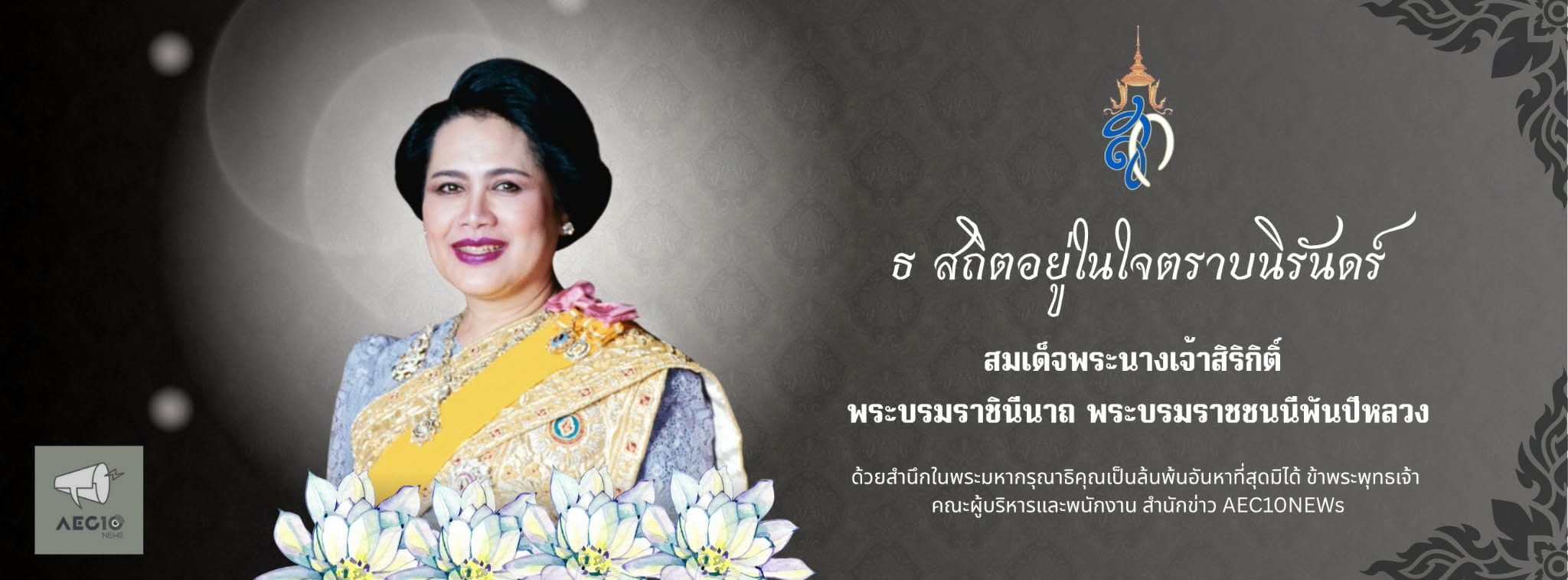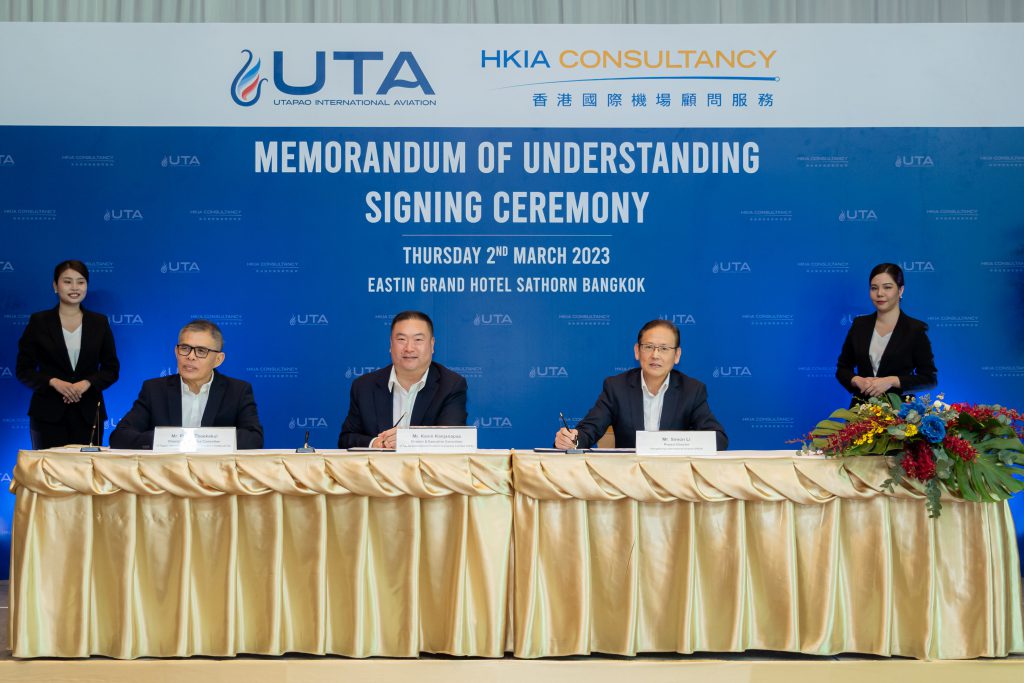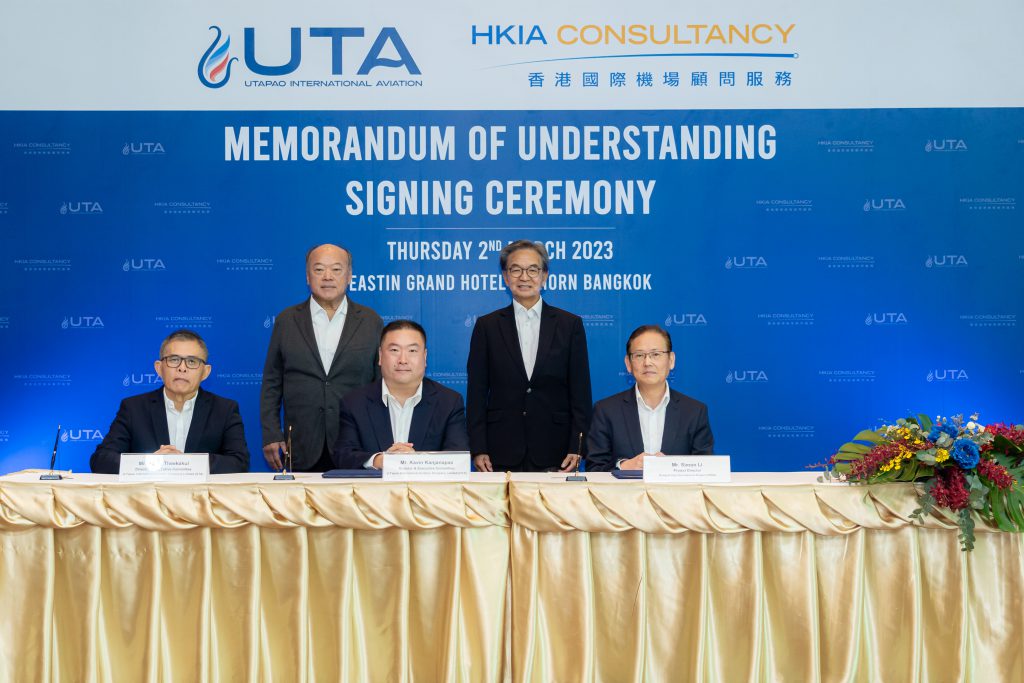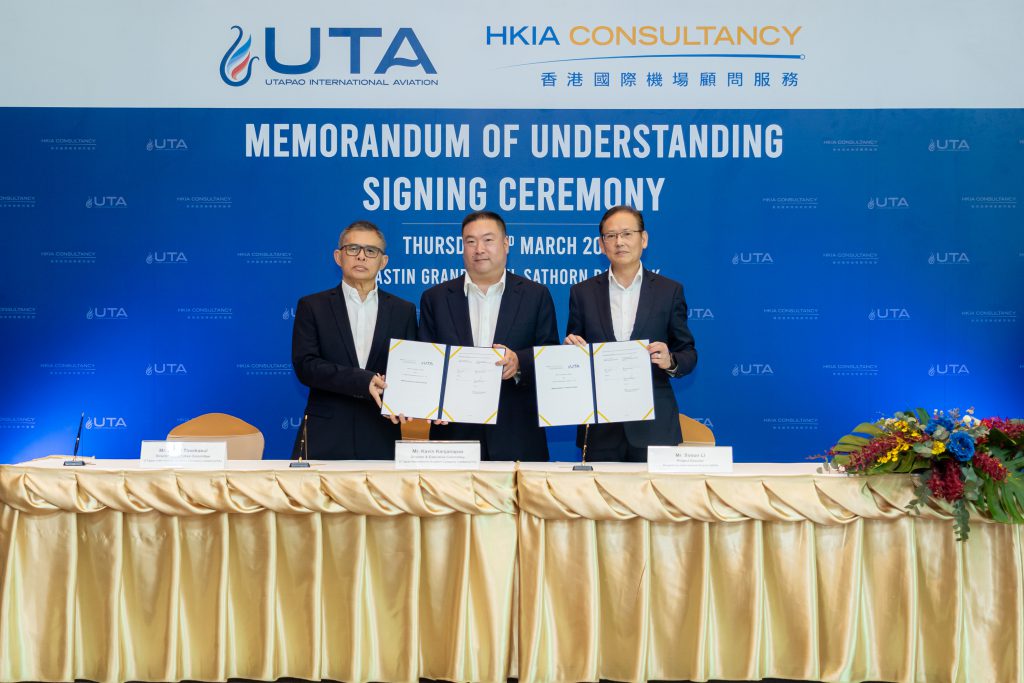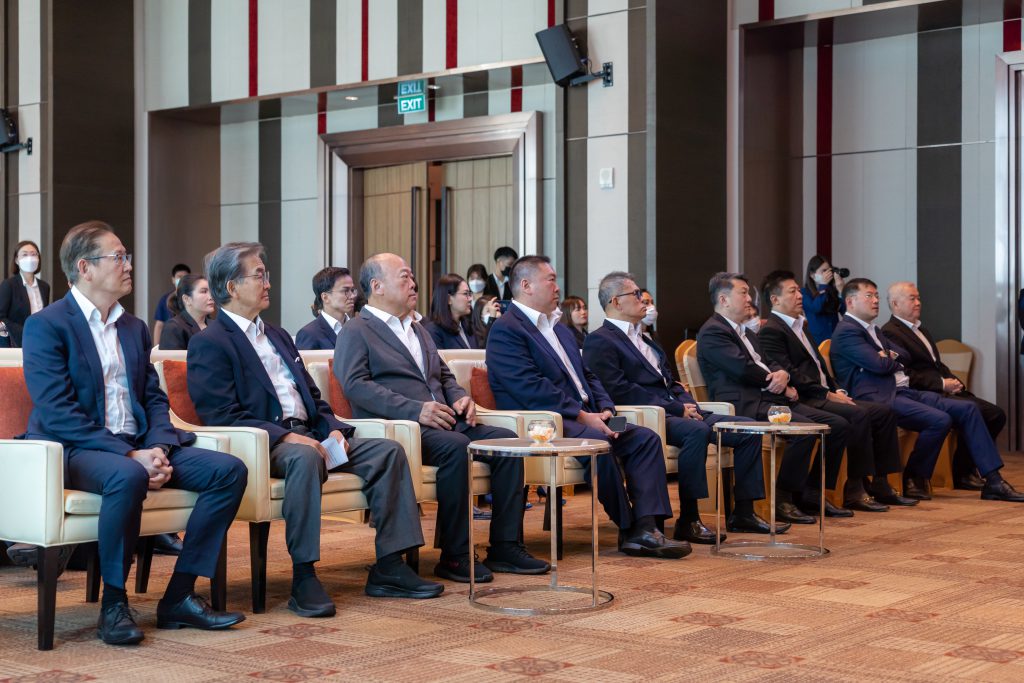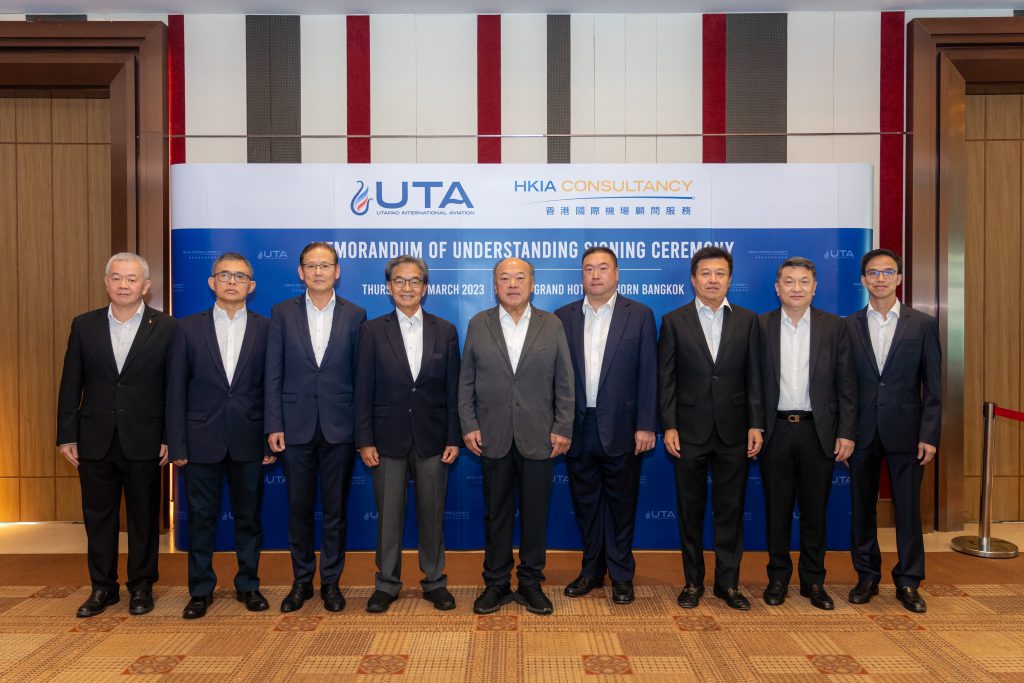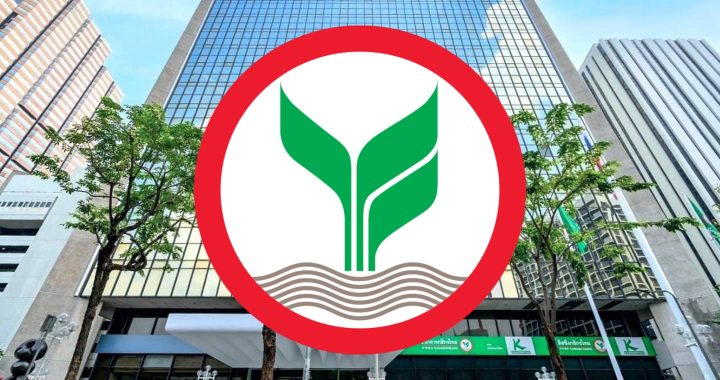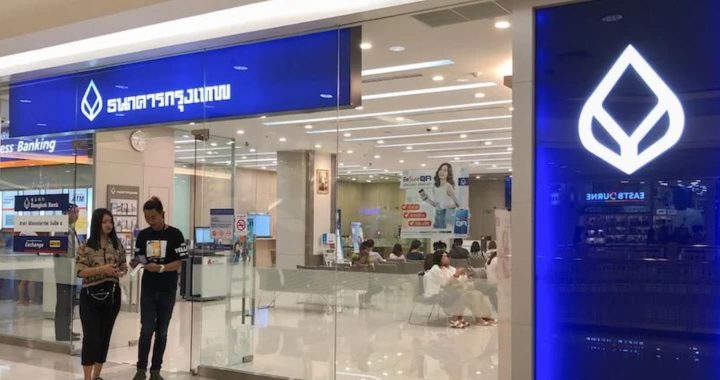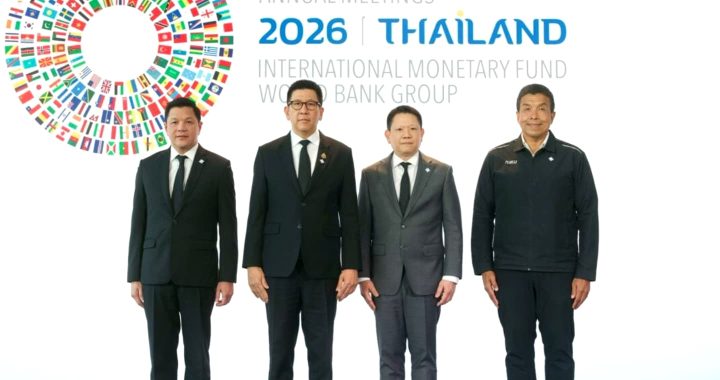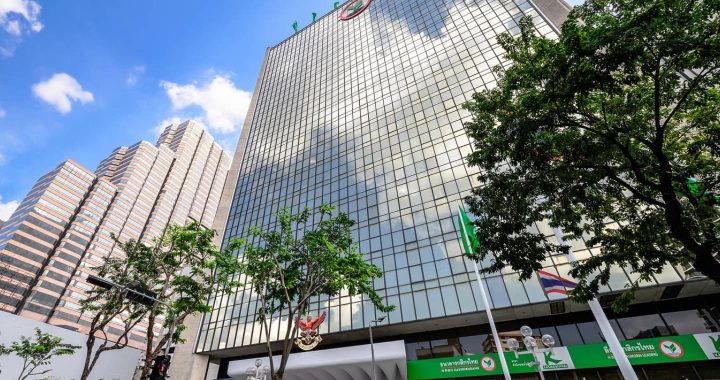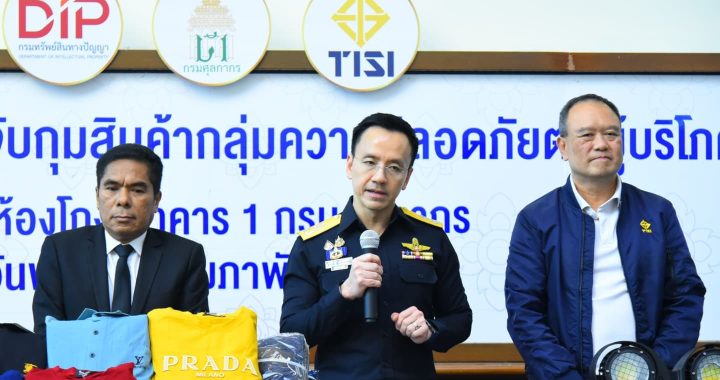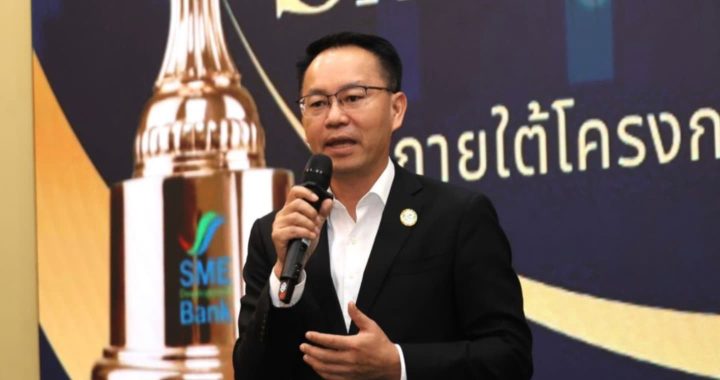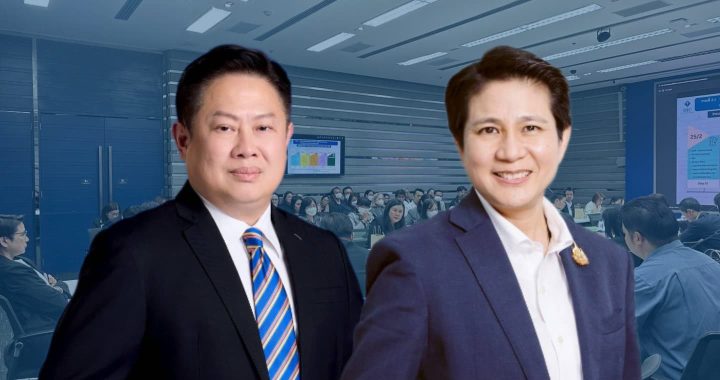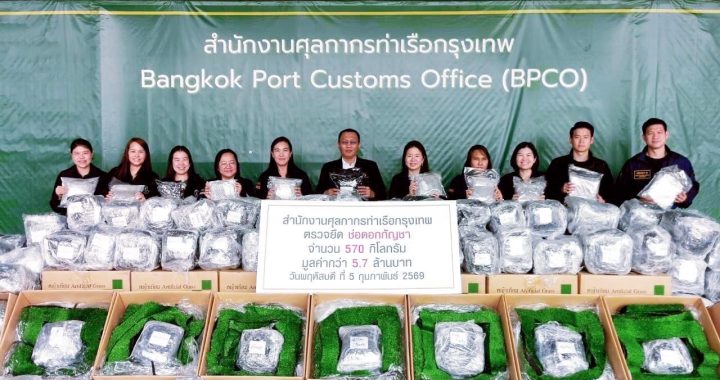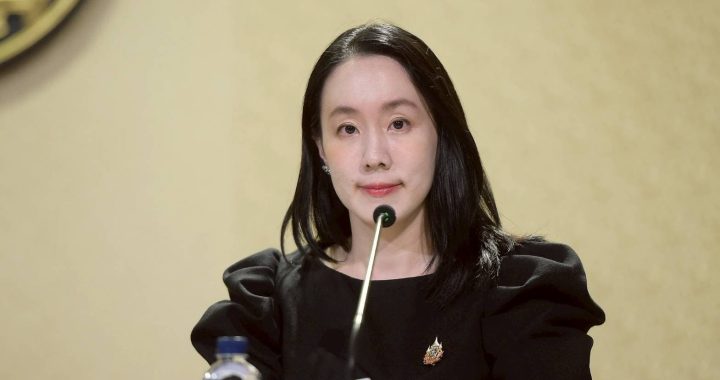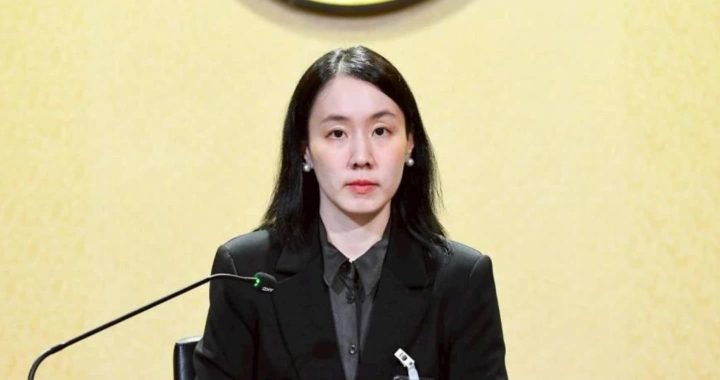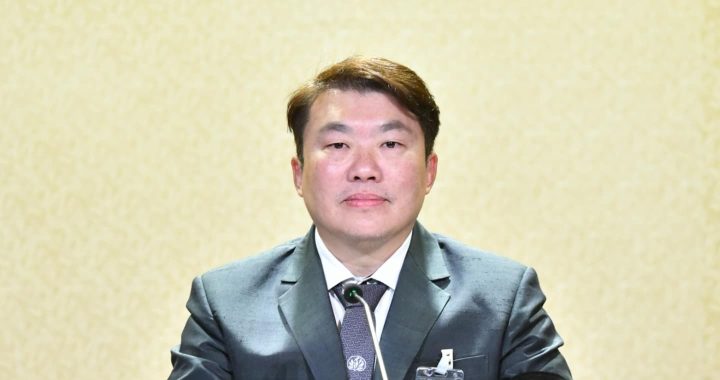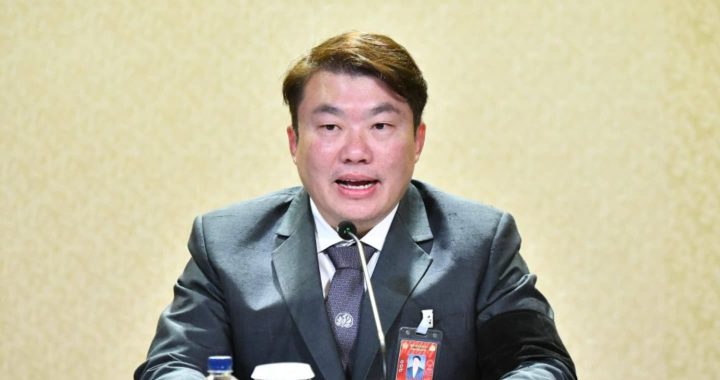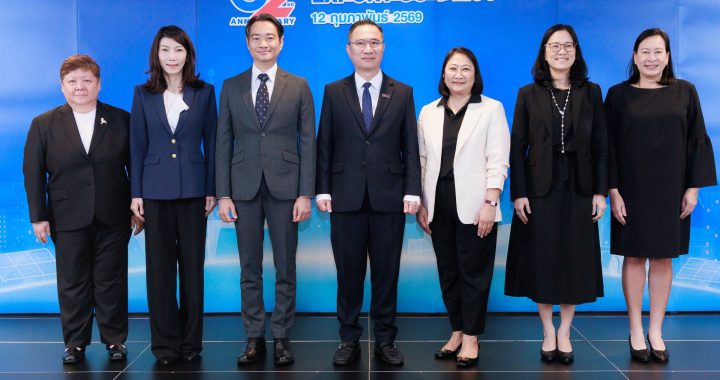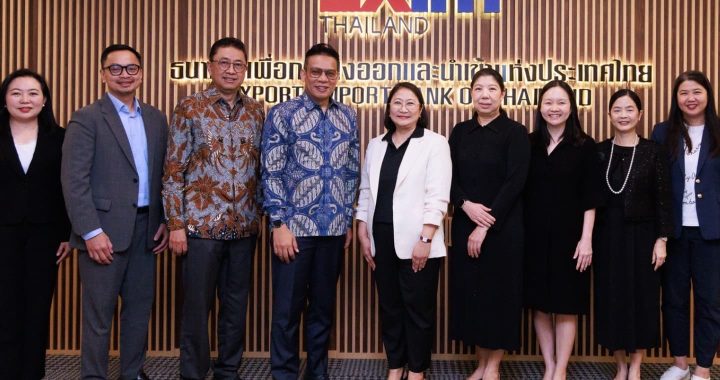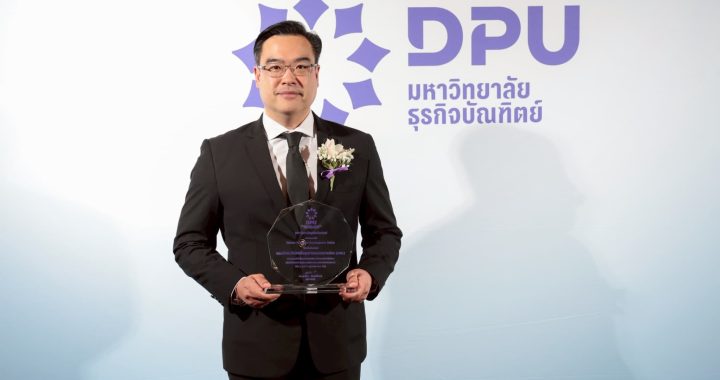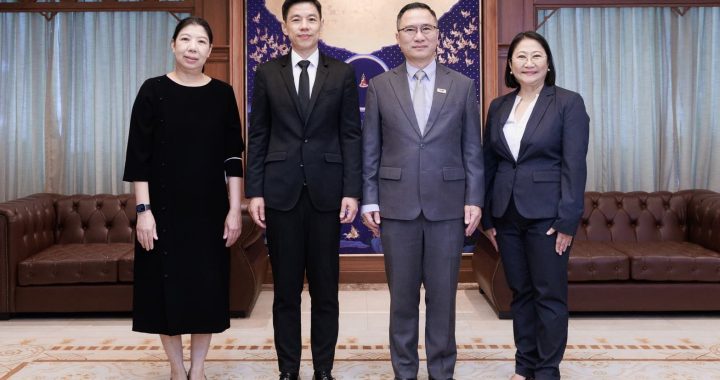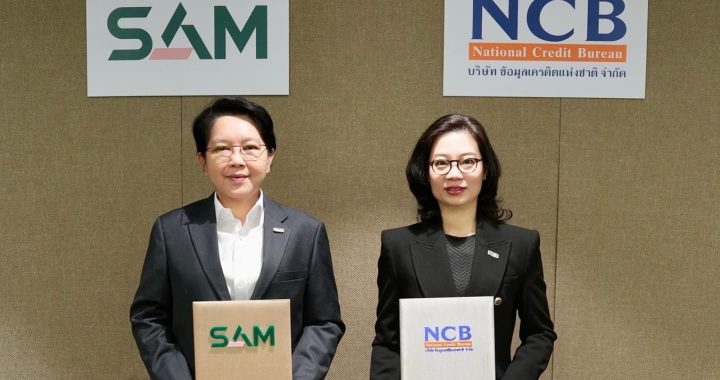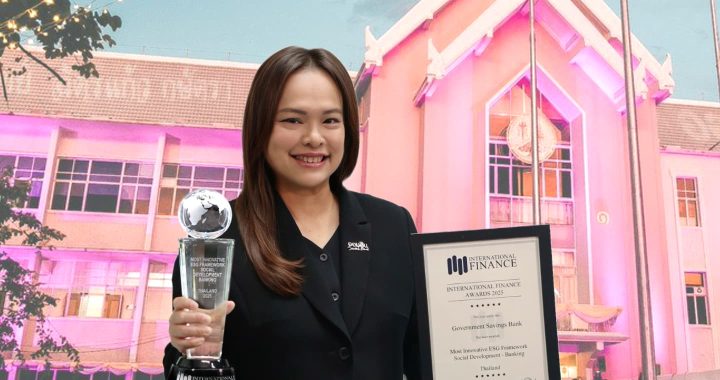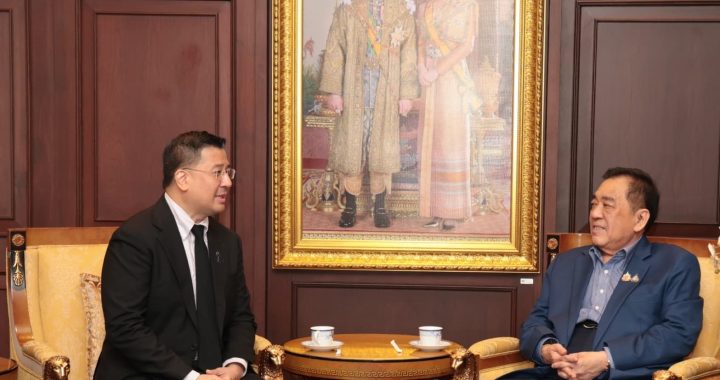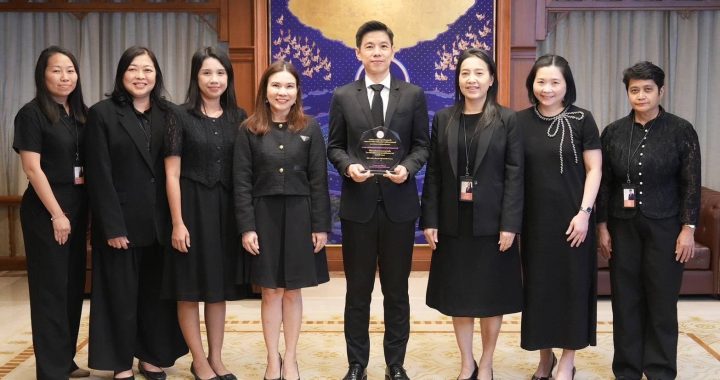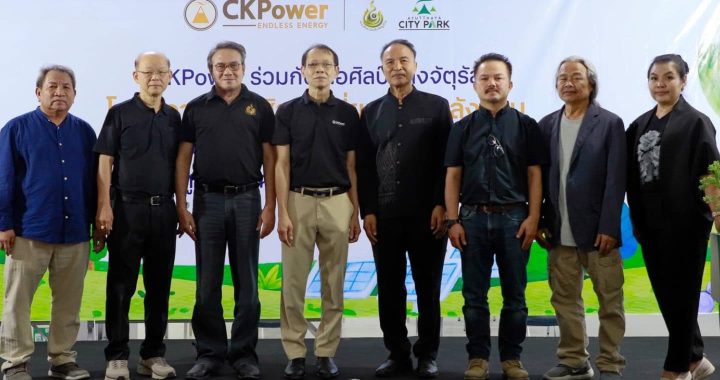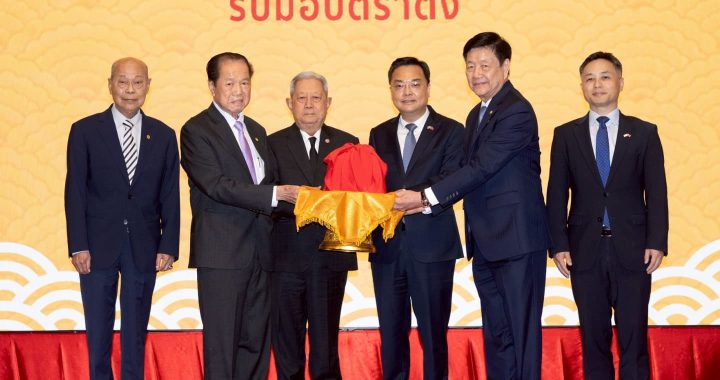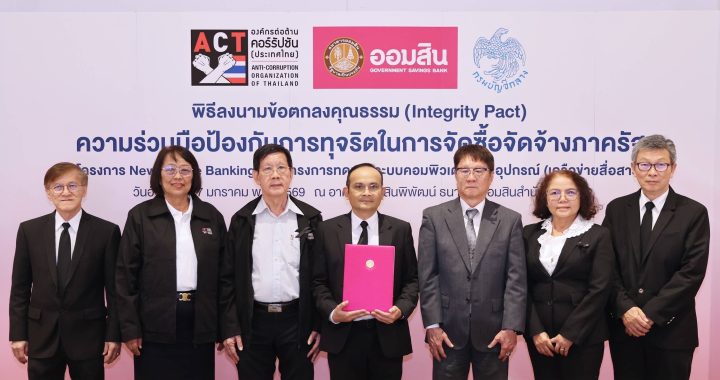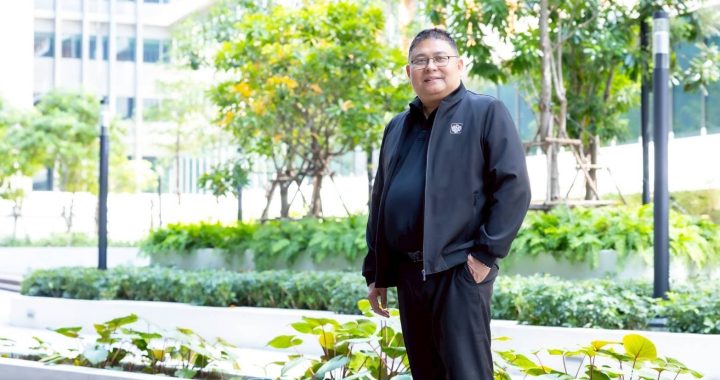UTA and Hong Kong International Airport sign a cooperation agreement
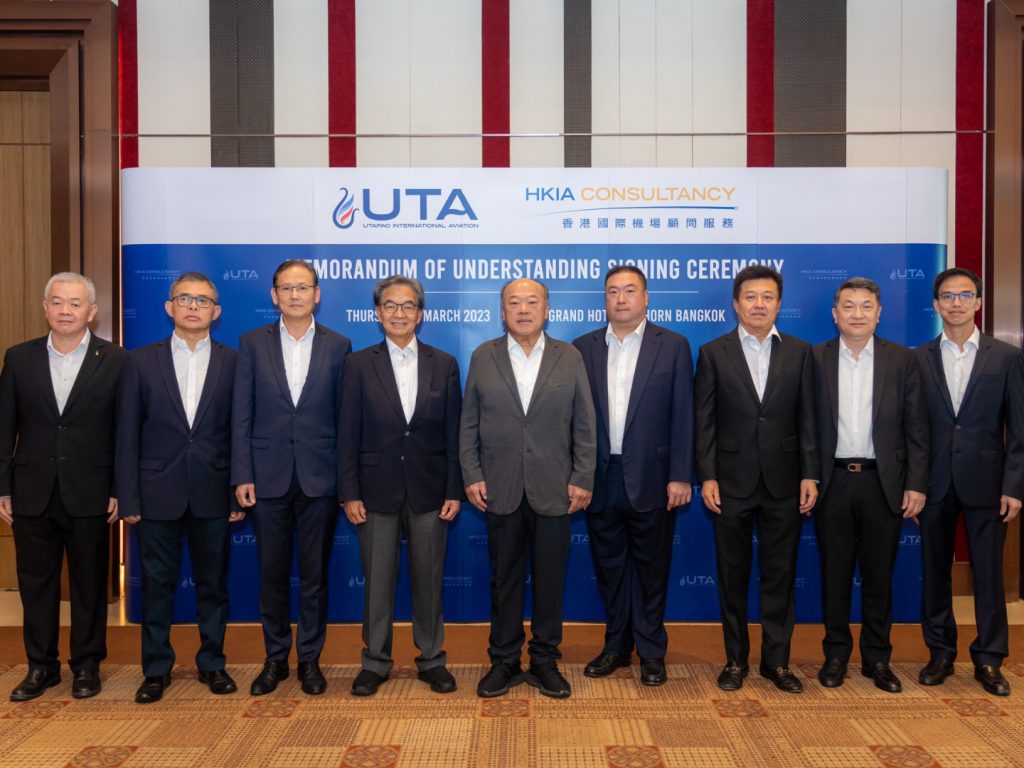
Eastin Grand Sathorn Hotel: Mr. Keeree Kanjanapas, Executive Committee of U-Tapao International Aviation Company Limited (UTA) with the management team, namely, Mr. Kavin Kanjanapas, Mr. Pradit Theekakul, and Mr. Pakpoom Srichamni, together with Mr. Simon Li Project Director of HKIA Consultancy, jointly signed a memorandum of agreement “MOU between U-Tapao International Airport and Hong Kong International Airport”, with Mr. Jack So, Chairman of Airport Authority Hong Kong (AAHK) and executives from both organizations serving as witnesses of the signing.
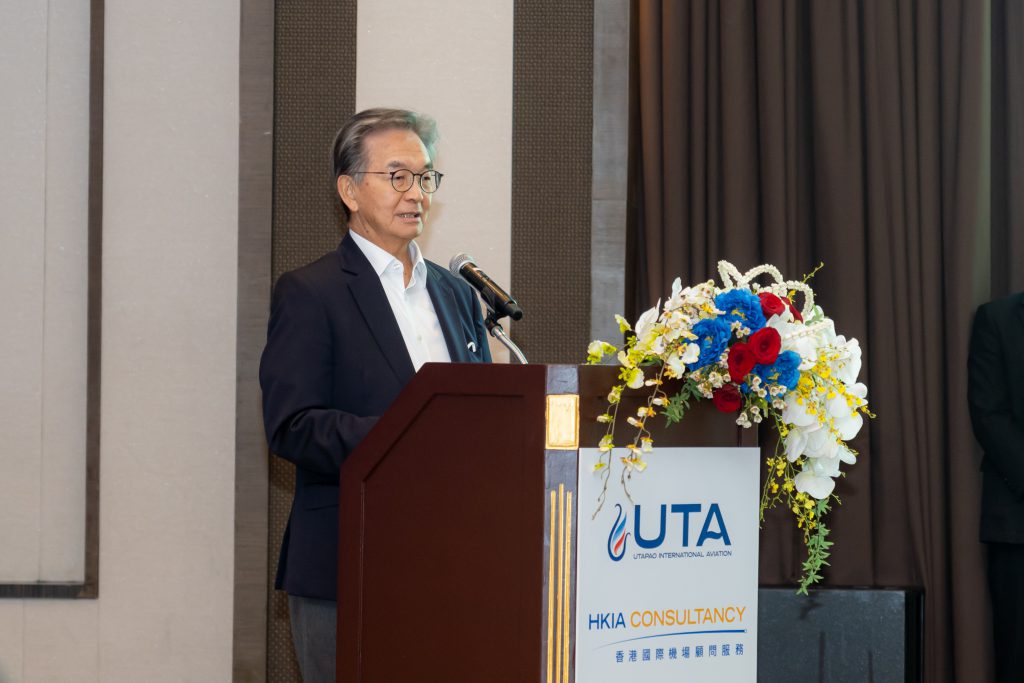
Mr. Keeree Kanjanapas, Executive Committee of U-Tapao International Aviation Company Limited (UTA) said that this cooperation with Hong Kong International Airport is part of the U-Tapao international airport development plan to become a standardized and quality airport, according to international principles. This will be achieved by Hong Kong airport sharing knowledge and experience in management and technology with UTA, as well as serving as a consultant for various projects which operates under the MOU agreement so that UTA can develop U-Tapao International Airport for sustainable growth.
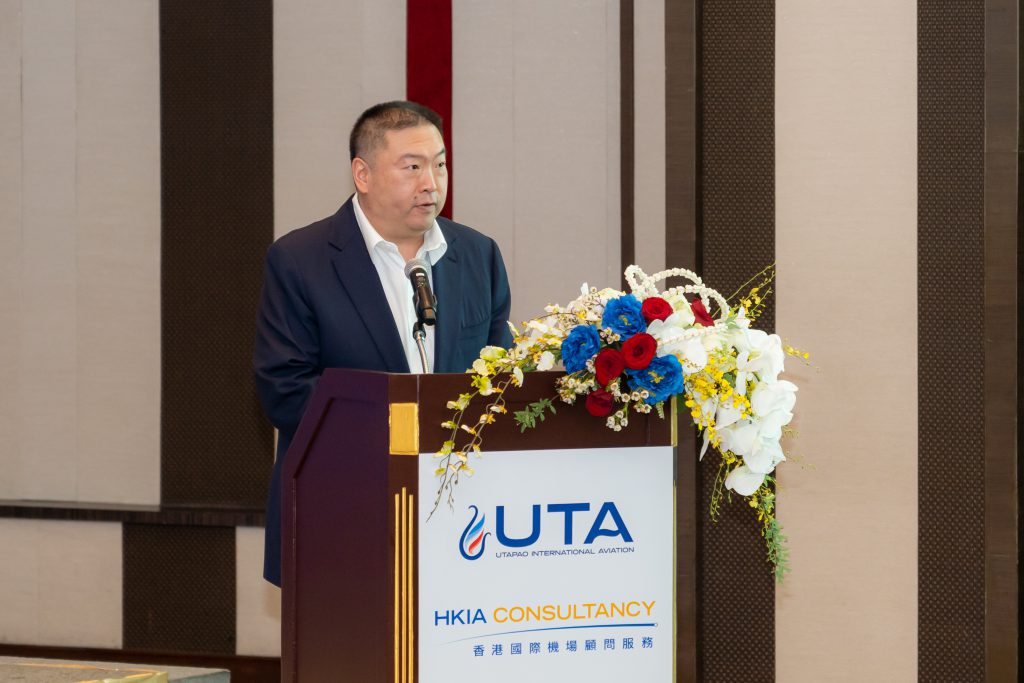
Mr. Jack So, It is our honour to be involved in this important project in Thailand by sharing our experience and expertise in airport management and commercial developments.
The development of U-Tapao Airport and the Eastern Aviation City is one of the key infrastructure projects of the EEC. Its objective is to upgrade U-Tapao Airport to become the “3rd Major Commercial International Airport” to accommodate up to more than 60 million passengers per year when the project is completed in its final phase. This will create a center for targeted business development, especially as “The center of the tourism industry and Logistics & Aviation” as well as the center of the “Eastern Aviation City”. The project continues the aim of developing the Eastern Seaboard into a port city and an important business city of Thailand as an extension of Bangkok, easily connecting the suburbs to the east by water, land, and air, to push Thailand to become the aviation hub and economic gateway to Asia.
